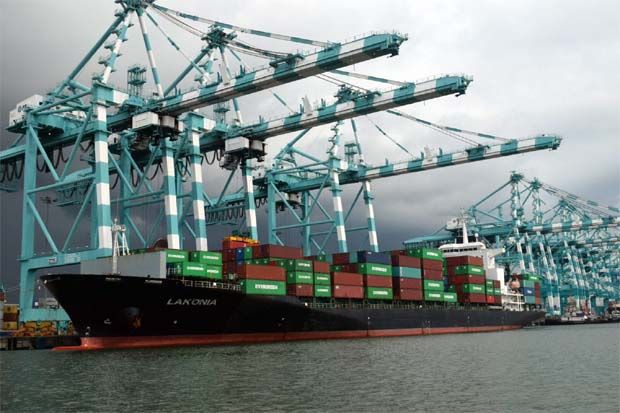Malaysia: January exports exceed forecast, boost from China, Thailand
KUALA LUMPUR: Malaysia’s exports in January 2019 rose at a faster-than-expected pace of 3.1% year-on-year (y-o-y) to RM85.4bil, underpinned by expansion in exports to China, Thailand and South Korea, compared with a Bloomberg survey of a 0.6% contraction.
The Statistics Department announced on Monday re-exports were valued at RM17.5bil (+0.4%) and accounted for 20.5% of total exports. Domestic exports increased RM2.5bil or 3.9% to RM67.9bil.
“On a m-o-m basis, imports posted a growth of RM1bil (+1.4%) from RM72.9bil. In seasonally adjusted terms, imports rose 2.6%,” it said.
The department said on a y-o-y basis, export growth was due to higher exports to China (+RM919.4mil), Thailand (+RM823.3mil), South Korea (+RM775mil) and the US (+RM680.8mil).
On a y-o-y basis, higher imports were mainly from China (+RM2.7bil), Saudi Arabia (+RM1.2bil) and Taiwan (+RM696mil).
The main products which powered the exports from a year ago were electrical and electronic (E&E) products (40.1% of total exports), which increased by RM2.6 billion or 8.2% to RM34.3bil.
Liquefied natural gas (LNG), which contributed 6.0% of total exports, expanded RM1.4bil or 37.5% to RM5.2bil due to the increase in both average unit value (+18.3%) and export volume (+16.3%).
Timber and timber-based products, which accounted for 2.4% of total exports, grew RM92.7mil or 4.7% to RM2.1bil.
However, declines were recorded for the following products: Refined petroleum products, which contributed 4.3% to total exports, declined RM1.6 billion or 29.9% to RM3.7bil due to the decrease in both export volume (-29.1%) and average unit value (-1.2%).
Palm oil and palm oil-based products (6.4% of total exports), shrank RM1.1bil (-17.3%) to RM5.4bil. Exports of palm oil, the major commodity in this group of products also decreased RM651.3mil or 16.6% due to the decrease in average unit value (-20.7%) as export volume increased 5.1%.


 English
English






